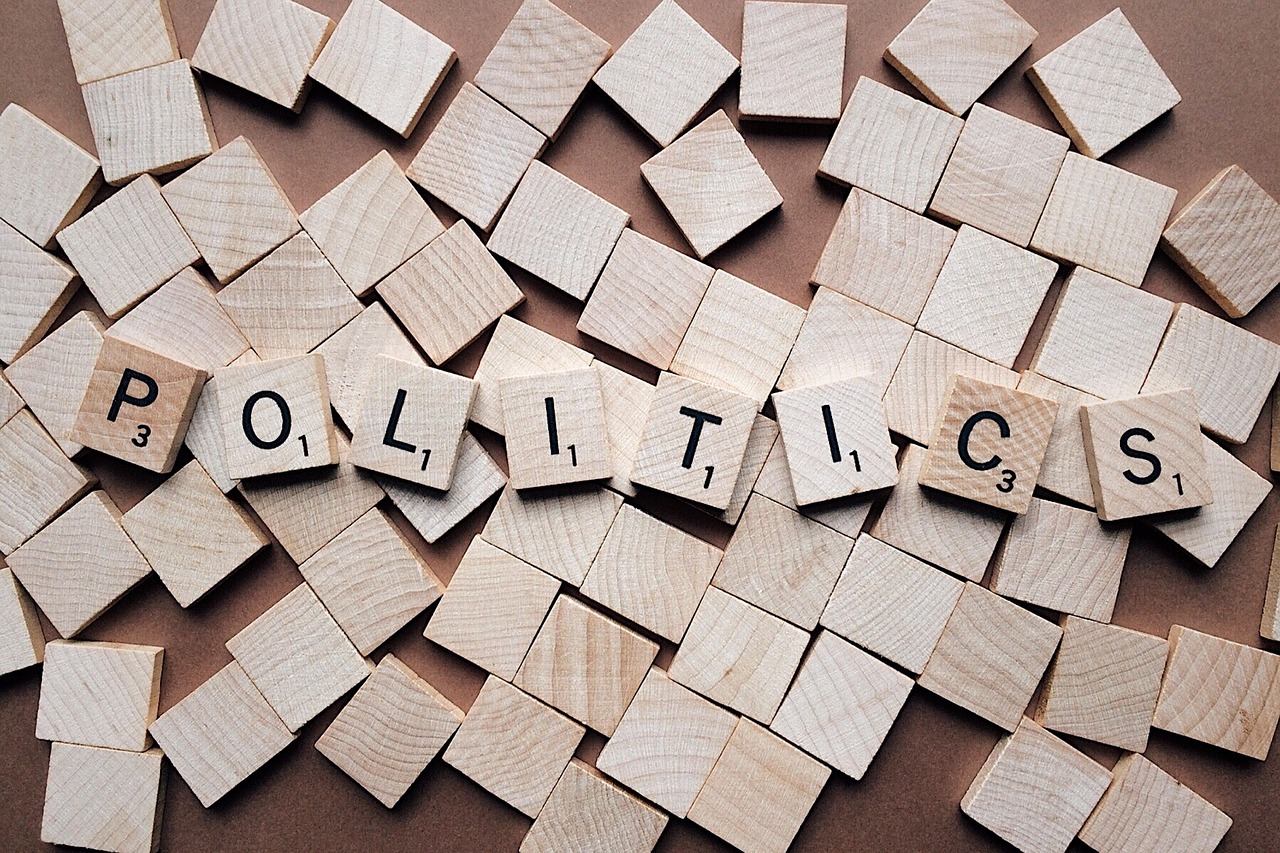Most of the political surveys ahead of the general election in India showed that Modi was likely to squeak out a slim victory. Instead, Modi and his BJP party increased their strong hold on parliament. The party increased the number of seats to 303 from the 282 it held following the 2014 elections. This includes Modi’s National Democratic partners which have more than 350 MP in the lower house. This is close to a 66% majority which would be required to generate transformative changes to the Indian constitution.
The Polls were Difficult to Read
Ahead of the election, there were several polls taken especially in the rural areas of India, to get a feel of how constituents felt about the declining values of crops in those areas. What Reuters found in many of these polls was that there was anger toward the BJP and it was hard to determine how many of these farmers would vote. India has more than 900-million people which makes any polls especially challenging.
What was the Turning Point
The turning point in Modi’s popularity came in February. Following the tragic events in Kashmir, nationalism swung in favour of Modi as the focus of the Indian election quickly turned from a the Indian economic to national security. The change came at a crucial timing
Modi and the BJP party acted decisively, turning sentiment in their favour and changing many voters’ minds. But this is only one part of the story. While the events in Kashmir appear to skew the election in favour of Modi, this did not explain the huge turnout and the wave the swept him into a second term.
Campaigning on Patriotism
There were several reports which describe Modi during the campaign as portraying himself as a son of a tea seller who led a very simple life based on Hinduism. His goal was to improve the lives of hundreds of millions of Indians and battle corruption. He did not spend time describing patriotism, but the events moved the campaign into a different direction.
During the campaign, it was unclear if people believed that Modi’s policies at the household level had been big hits, during his 5-years as head of the Indian nation. Polls could not determine whether building toilets, providing free liquefied petroleum gas connections and subsidised cooking gas, and bringing electricity to many places for the first time had enhanced Modi’s image, despite the overall rural distress.
What worked was patriotism. As the result suggest, the rural people of India want to know that their nation has a spiritual leader that will defend the nation against all attackers. The rift that has existed between Pakistan and India for decades brought rural votes to the polls with Modi and his party in mind. Modi will now have 5-more years to impress these constituents.



 Bitcoin
Bitcoin  Ethereum
Ethereum  XRP
XRP  Tether
Tether  Solana
Solana  USDC
USDC  TRON
TRON  Lido Staked Ether
Lido Staked Ether  Cardano
Cardano  Avalanche
Avalanche  Toncoin
Toncoin